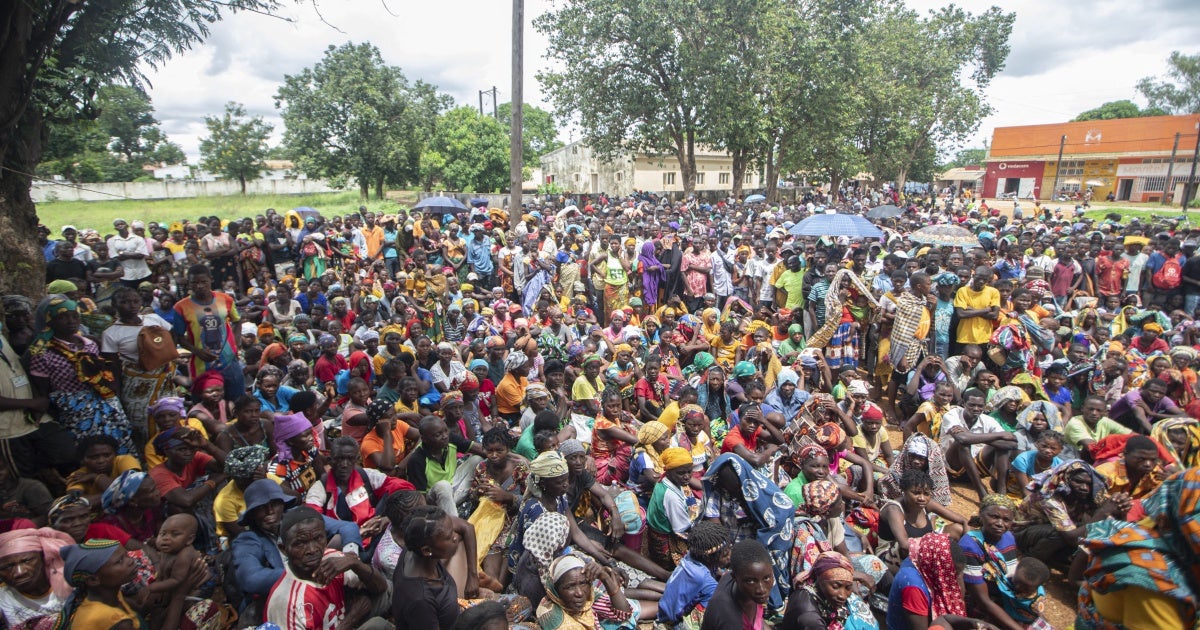Doctors Without Borders (MSF) has reinforced its medical activities in Mueda town and district as thousands of people flee a renewed surge of violence in Mocímboa da Praia and other areas of Cabo Delgado. According to the International Organization for Migration (IOM), more than 92,000 people have been displaced across Cabo Delgado and neighbouring Nampula province since late September, including about 23,000 who have arrived in Mueda.
MSF teams have expanded support in three displacement camps — Eduardo Mondlane, Nandimba and Lianda — where the organisation has operated since 2021. Activities have also begun in Nanili, near the border with Mocímboa da Praia district, where recent arrivals continue to strain essential services. MSF health promoters and community health workers are leading hygiene and disease-prevention outreach and helping maintain functional referral pathways to medical care.
“The first time we left because the fighting was getting worse in Mocímboa da Praia [in 2022], and now the war has started again. Everyone was leaving; there was no reason to stay. For now, if I can find work, it’s better to try to build a life here,”said Saidia Albino, displaced father of three, Eduardo Mondlane camp
Between 3 and 15 October, MSF teams visited 970 families across the three camps, referring 315 people to Mueda District Hospital or the nearest health centre. More than 4,500 people attended over 400 group sensitisation sessions focused on common health risks.
Many families arriving now have endured multiple displacements since conflict erupted in Cabo Delgado eight years ago. Some lived in these same camps before attempting to return home — only to flee again. One family described walking nearly 100 kilometres from coastal Mocímboa da Praia after hearing rumours of imminent attacks.
To address the psychological toll of repeated flight and insecurity, MSF is providing mental health and psychosocial support. Anxiety, psychosomatic and post-traumatic symptoms remain common. Since September, over 600 people have participated in 65 mental health group sessions.
Living conditions in the camps are deteriorating as overcrowding grows and access to safe water and sanitation remains limited. With the rainy season approaching, the risk of waterborne diseases is expected to rise.
“Even if we don’t see many acute medical emergencies at the moment, health needs persist. The local health system is unable to cope with the continuous arrival of people seeking safety, which puts pressure on already stretched resources,” said Pedro Basílio, MSF outreach supervisor.
Cabo Delgado has seen a sharp escalation in violence in recent months, with armed incursions reported in Mocímboa da Praia, Balama, Montepuez and Chiúre districts, as well as in parts of Nampula and Niassa provinces. Due to insecurity, MSF temporarily suspended operations in Mocímboa da Praia in late September. Alongside its activities in Mueda, MSF continues to run medical projects in Palma and Macomia and is assessing areas where newly displaced families are gathering in both Mueda and Mocímboa da Praia districts.
Kukurigo Updates
_To *subscribe* https://whatsapp.com/channel/0029VacUgF8KGGGR0DMIub0i message 0771042658 for advertising enquiries_
